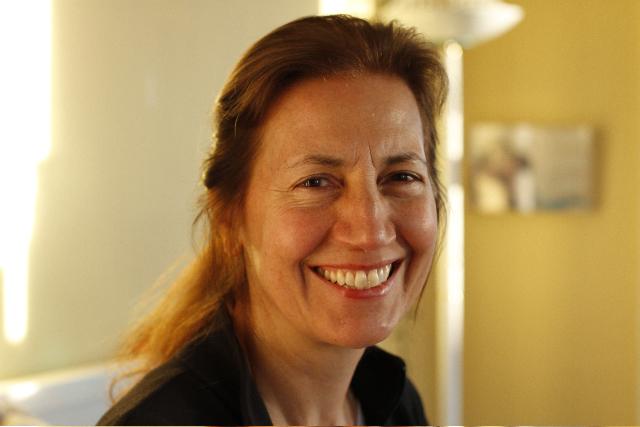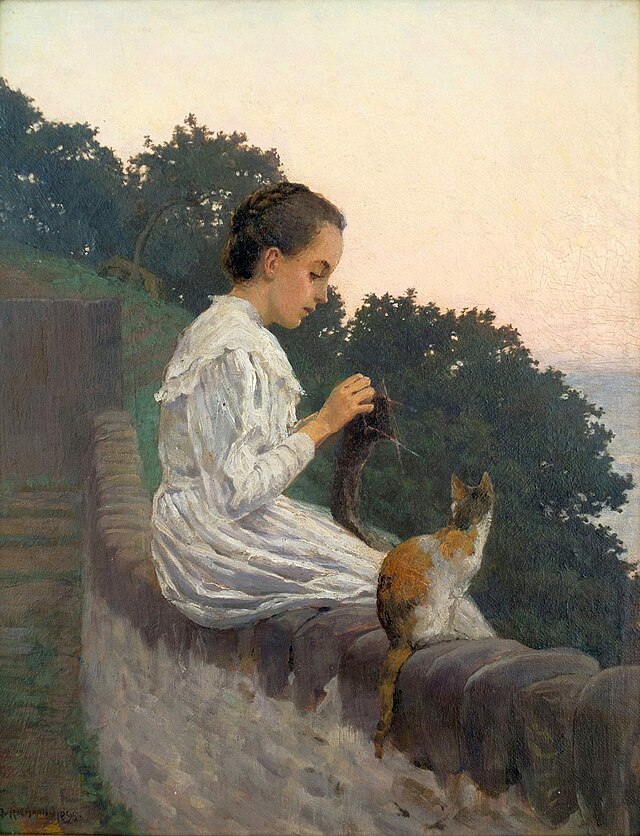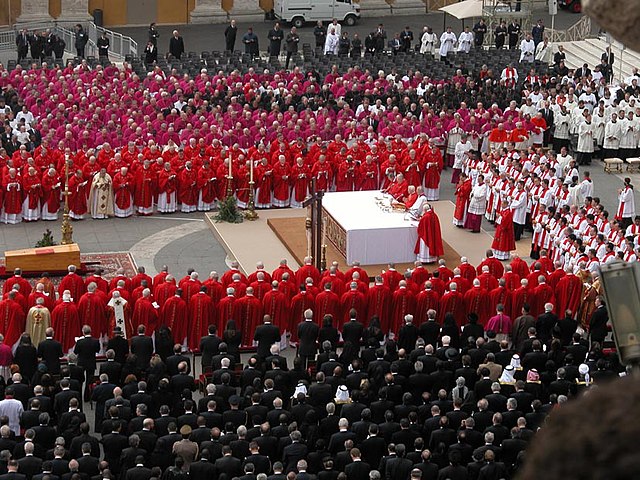Before the screening of “Lost in the Bewilderness” at Collins Cinema last Thursday, I had the opportunity to talk to filmmaker Alexandra Anthony ‘75. As the writer, director, producer, videographer, editor and narrator of “Lost in the Bewilderness”, Anthony is truly an independent filmmaker.
When I asked her if there was any job in the long list that she found unenjoyable, she was quick to assure me otherwise. But that doesn’t mean she doesn’t have favorites. “I think I probably love shooting more than anything,” Anthony admits, “ because I just feel like it’s a dance. It’s where all your antennae are up, even things you’re not aware of, capturing and seeing things that maybe you see later when you see the footage.”
She did tell me, though, that while she liked writing, it was the part that she was least versed in. That, however, didn’t mean she enjoyed it any less.
“When something worked, it just felt so right, it felt so good, it gave me encouragement to keep going,” she explains. “It was a way to compliment what I had shot and edited, so it really felt like a really useful element.”
While overwhelmingly positive when talking about the actual production of the film, her feelings were clearly more mixed about what comes after—namely, promotion through the festival circuit. “It’s almost harder work to get it out there,” she tells me, “and it’s keeping me away from other work.”
But she noted the payoff was also incredibly rewarding. “It was just so great to see your own particular story have a universal appeal.” Indeed, “Lost in the Bewilderness” participated in festivals not just across the country, but all over the world.
Talking about the film itself, I started off by asking her about the process—namely, if she had had a full-length documentary in mind when she shot the first of the footage used in the film, now over 30 years ago.
“No, not at all. There was no anticipated result,” she says. “It was a story that had been in my family for eleven years—this lost boy—and I was getting ready to write a screenplay. I had witnessed what the family went through, and I thought it would be interesting to write some kind of narrative about it.”
“About a month or two after I had started thinking about that—not really writing anything yet—that’s when the phone call came from the boy’s mother, Athena,” Anthony explains, “‘he’s here, in Maryland, if you want him, come and get him.’ So I just grabbed my equipment—a Super 8 at the time, this was 1984—and I just started to film. I had no idea where it was going to go.”
So then when did she figure it out? Not for a very long while, as it turns out. But she said it was likely for the best.
“Had I finished it way back, it would have been a straightforward documentary: boy was lost—sort of try to fill in the back story a little bit, but not with any poetry to it or lyricism or anything like that, just this is what happened—here he is, we found him, he’s returned to Greece, end of story.”
But funding takes time, and in that time, Anthony’s approach on Lucas’s story shifted.
“I made it part of everything that I do, which is to see the passage of time,” she says, “so as the years went by, I was growing and changing, and the technology was evolving—I mean, everything’s kind of going forward.”
For all her looking forward, Anthony also found herself looking back.
“Being Greek, the Greek myths are in our DNA, and I have always seen everything through that lens. There were so many things that just kept coming up that were parallels for me, and so the biggest challenge was how to fit this very sort of straightforward, cinéma vérité style with the mythical elements.”
In addition to being a filmmaker, Anthony also teaches filmmaking at the Rhode Island School of Design. Filmmaking is notorious for being a male dominated field, so I asked her if she had any advice for young aspiring female filmmakers.
“First of all, go for it,” she said, “but secondly, don’t be intimidated by the technical aspects. I always felt intimidated by the equipment and the technical aspects. I just say to all my female students, throw yourself into the technical stuff—work in the equipment room, the film department, get to know the cameras. You can learn it. That’s the easy stuff in a sense, learning the technical aspects. They’re tools.”
“The hard stuff is having heart and soul and an eye and a desire to tell a story and to be able to tell a story. That’s the main thing. And just try to be as true to yourself as you can. It takes so much labor and so much commitment to make any kind of film that unless you love the subject, and unless you’re passionate about it, and unless you feel like this is where I want to be for many, many months or years, don’t do it. It’s got to mean something to you. The truer to yourself that you are in this process, the better the film’s going to be.”
And of course, I asked her about her Wellesley experience. Wellesley had no film program when Anthony was a student, so she majored in the closest possible thing: Art History. She also took advantage of the MIT exchange program and took classes in their film department. Still, Anthony gave Wellesley, and especially her professors, a lot of credit.
“I think Wellesley opened up the whole world of art to me,” she told me, “and that’s been such an integral part of the way I see the world and understand it.”




